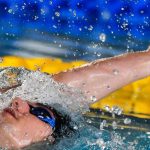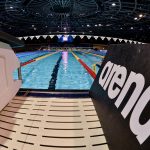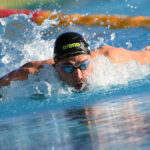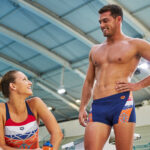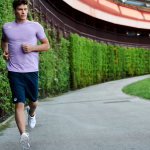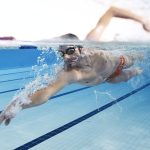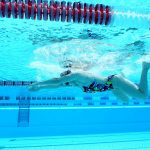Endurance Sport, the importance of nutrition for recovery
Nutrition after prolonged physical exercise (over two hours) is just as important as what you eat before or during physical exertion.
The issue of nutrition is a very interesting aspect of training for long distances, both for swimming or triathlon. We have already looked at various topics about what to eat, when to eat and why you should eat certain types of food rather than others in a number of previous posts.
In this article, we will take a closer look at the importance of nutrition for recovery.
We will be working on a vital assumption: nutrition after prolonged physical exercise (over two hours) is just as important as what you eat before or during physical exertion.
Let’s see why:
1. Firstly, by a “recovery meal” we mean food eaten within approximately 30 minutes of finishing a training session or race, which is vitally important for replenishing your muscular energy reserves, preventing injuries and helping training adaptation. A recovery meal should contain both carbohydrates and proteins.
2. Secondly, a recovery meal will have no impact on your weight provided it is eaten within the 30-minute window after finishing your training session. This is because it merely balances out the number of calories you have consumed during such prolonged exertion. So, what should you eat?
- Your carbohydrates should be fast absorbing sugars found in foods with a moderate-high glycaemic index (white rice crackers, white rice or white bread, marmalade, fruit and sugars);
- High-quality proteins ensure muscle repair and adaptation: it only takes 10 g of protein to stimulate protein synthesis, but the best effect comes from 20 g of protein: the ideal strategy is to organise your training sessions so that you can eat your main meal afterwards to take in the ideal quantities.
3. Thirdly, your post-exercise/race meal helps reduce muscular inflammation and aids recovery ready for your next training sessions. As has already been pointed out, a meal containing a balanced amount of carbohydrates and proteins or a ready-prepared recovery drink can keep down any rise in cortisol levels (that causes muscular inflammation), so that your muscles recover better.
Here are four tips:
a) Make your recovery meal part of your routine. Make sure you eat a balanced recovery meal or, alternatively, a ready-prepared recovery drink immediately after training or racing.
b) Do not underestimate the benefits of a recovery meal. You are almost certainly not a professional athlete, who can afford to rest for hours after intensive training, so you must learn how to manage your energy resources and your body as effectively as possible. A simple meal can be the difference between an excellent or terrible training session the day after a tough workout.
c) Rehydration is another aspect of recovery you cannot afford to overlook: on average, you need to drink approximately 125-150% of the amount of fluids lost during training, which means that if you lose 1 kg in weight you need to drink approximately 1.25-1.5 L of fluids over the next few hours after training.
d) Avoid do-it-yourself solutions. You can buy ready-made drinks, that is true; you have read what to eat and how to resist, all well and good. But unless you are a nutritionist, you will not know how your body responds to certain stimuli and you will not know how many calories you consume after certain types of training. So before starting your endurance program, talk to a nutritionist about your goals and, with your training plan at hand, together you can devise a nutritional programme tailor-made for your specific requirements.
Sources:
http://www.minutro.it
Written by:
arena coaches
Swim coaches, trainers and experts will give you all kinds of tips for performing at your best in both training and races.
